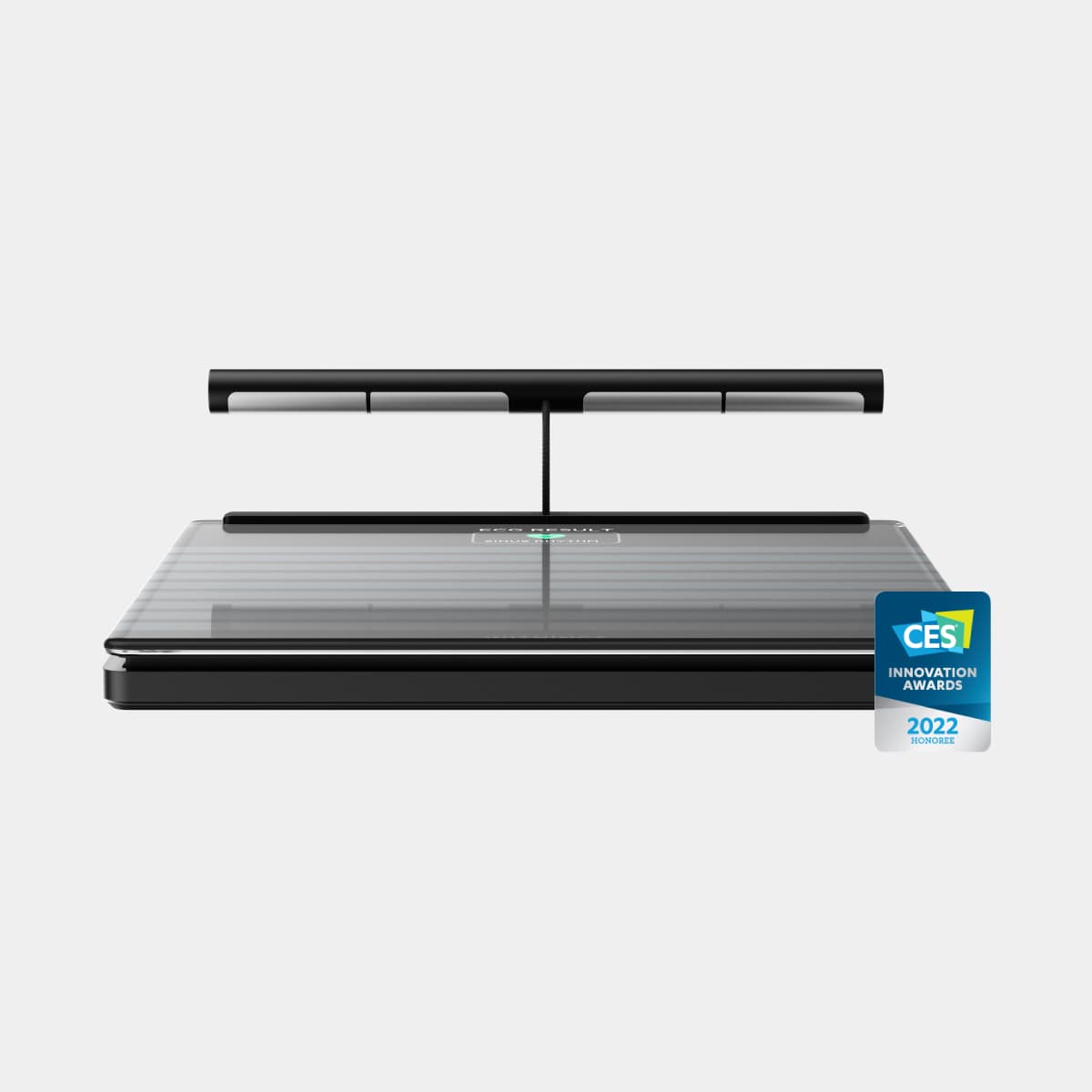I am extremely lean and ripped, yeah. It is not dangerously low, according to Withings it is very much in norm.
used to be the only way to get truly accurate body fat was with some sort of scale where you are suspended in water. I forget the specifics. Then correlate the electronic readings from scale like Withings with lab water scale reading. But tech may have moved beyond that. See eg
The sample for analysis included 53, 52, and 48 patients for each of the 3 tested smart scales, respectively. The median absolute error for body weight was 0.3 kg (interquartile range [IQR] –0.1, 0.7), 0 kg (IQR –0.4, 0.3), and 0.25 kg (IQR –0.10, 0.52), respectively. For fat mass, absolute errors were –2.2 kg (IQR –5.8, 1.3), –4.4 kg (IQR –6.6, 0), and –3.7 kg (IQR –8.0, 0.28), respectively. For muscular mass, absolute errors were –2.2 kg (IQR –5.8, 1.3), –4.4 kg (IQR –6.6, 0), and –3.65 kg (IQR –8.03, 0.28), respectively. Factors associated with fat mass measurement error were weight for scales 1 and 2 (
P=.03 and
P<.001, respectively), BMI for scales 1 and 2 (
P=.034 and
P<.001, respectively), body fat for scale 1 (
P<.001), and muscular and bone mass for scale 2 (
P<.001 for both). Factors associated with muscular mass error were weight and BMI for scale 1 (
P<.001 and
P=.004, respectively), body fat for scales 1 and 2 (
P<.001 for both), and muscular and bone mass for scale 2 (
P<.001 and
P=.002, respectively).
Conclusions
Smart scales are not accurate for body composition and should not replace DEXA in patient care.
Smart scales are increasingly used at home by patients to monitor their body weight and body composition, but scale accuracy has not often been documented.The goal of the research was to determine the accuracy of 3 commercially available smart scales ...

www.ncbi.nlm.nih.gov

 www.withings.com
www.withings.com




